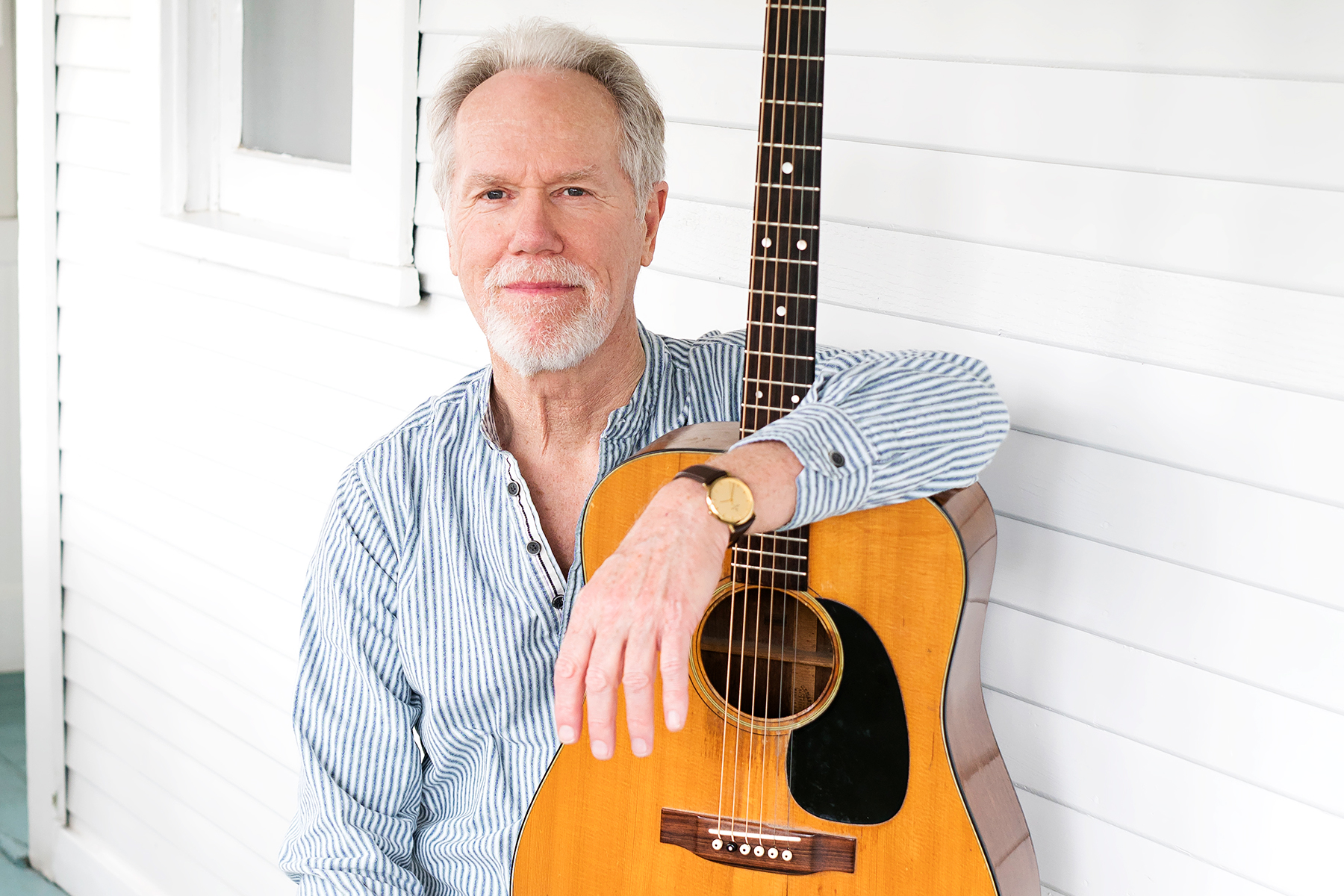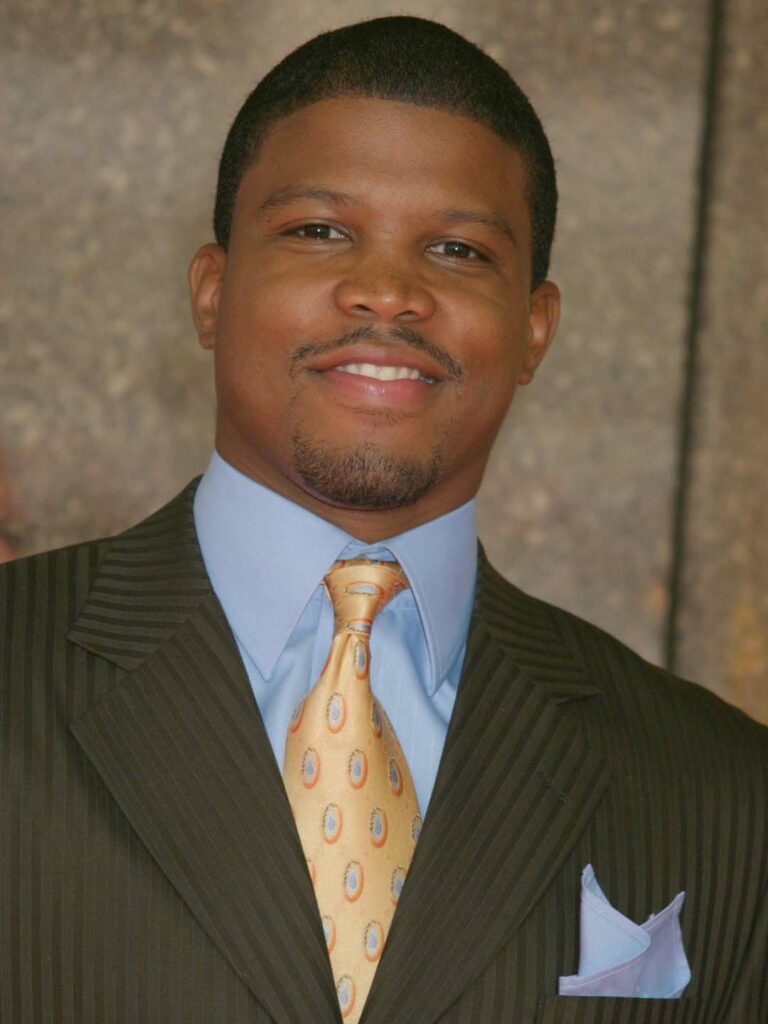An accomplished and versatile singer/songwriter, author, and actor, Loudon Wainwright III emerged in the early 1970s with a sound that combined elements of folk, blues, and rock, and a lyrical style steeped in cynical humor, personal observations, and social commentary. His first three studio albums, Album I, Album II, and Album III, were warmly received and elicited comparisons to Bob Dylan, and his 1972 novelty hit “Dead Skunk,” along with appearances on the immensely popular television series M*A*S*H, helped to cement his reputation. Since then he has released dozens of albums, including the Grammy-nominated I’m Alright (1985) and the Grammy-winning High Wide & Handsome: The Charlie Poole Project (2009), and has appeared with regularity in films (Elizabethtown, Knocked Up) and on television (Ally McBeal, Parks & Recreation). In 2021 he teamed up with Vince Giordano & the Nighthawks for I’d Rather Lead a Band.
Loudon Wainwright III Biography
Loudon Snowden Wainwright III was born in Chapel Hill, North Carolina, to Martha Taylor, a yoga teacher, and Loudon Wainwright II, longtime editor of Life Magazine. LWIII eschewed magazines in favor of folk music, which he began playing professionally in the ’60s. Part of the “New Bob Dylan” scene in the late ’60s, early ’70s (and subject of a humorous ode to Dylan on the singer’s 50th birthday). Probably best known for song “Dead Skunk”; continues to put out new albums and to tour. Wainwright was born in Chapel Hill, North Carolina, in 1946, but grew up in affluent Westchester County, New York, the eldest of the four children of renowned Life magazine editor and columnist Loudon Wainwright, Jr. His high school years were spent in Delaware, at the St. Andrews School for Boys, where he began to listen to and play folk music.
Wiki / Bio
Personal Details
Real Name
Nick Name
Date Of Birth
Birthplace
Age
Gender
Hometown
Nationality
Zodiac Sign
Religion
Hobbies
Salary Per Month
Smoke
Drink (Alcohol)
Physical Appearance
Body Measurement
Height In Centimeters
Height In Meters
Height In Feet Inches
Weight In Kilograms
Weight In Pounds
Figure Measurements
Eye Color
Hair Color
Family & Marital Status
Family Details
Father
Mother
Brother
Sister
Marital Status
Wife/Husband/Spouse
Son
Daughter
Relationship & Affair
Relationship Status
Current Girlfriend
Ex-Girlfriend
Current Boyfriend
Ex-Boyfriend
Education – School & College
Educational Qualification
School
College / University
Educational Qualification
Contact Information
Contact Address
Phone Number
Email ID
House Address
Official Website
Net Worth
Net Worth 2020 2021
In Rupees
In Dollars
Social Media
Social Profile
Facebook
Instagram
Twitter
Youtube
Linkedin
Like & Dislike
Like Dislike
Interesting Facts
Favourite Things
Favorite Actor
Favorite Actress
Favorite Food
Favorite Place
Favorite Color
Favorite Outfit
Career
Year Shows / Movies / Awards Character / Role
Career: When Loudon Wainwright III released his first album in 1970, the music press branded him, as it had other young singer-songwriters, “The New Bob Dylan.” Two decades later, in “Talking New Bob Dylan,” a 1992 tribute to the rock and folk legend, Wainwright suggested that he and the other New Bob Dylans, “your dumb-ass kid brothers,” get together at singer and songwriter Bruce Springsteen’s house as part of a 12-step program. Wainwright has also been dubbed “the Woody Allen of Folk” and “the Charlie Chaplin of Rock.”
Though originally lumped with the many singer-songwriters of the early 1970s, Wainwright’s finely tuned wit served to separate him from the pack, and critics eventually stopped looking for comparisons. “[There are] a million amateurs out there who call themselves songwriters, but for my money, [there are] only a few who belong in this guy’s league,” asserted City Pages contributor Jim Walsh. Called “the not-so-sensitive folk singer” by Greg Reibman in Billboard, Wainwright built a cult following with funny, biting, and incisive songs about virtually any subject. He is, according to Tom Surowicz of the Twin Cities Reader, “a thoroughly compelling master of irony” and in Rolling Stone contributor David Browne’s words, “our greatest pop satirist.”










